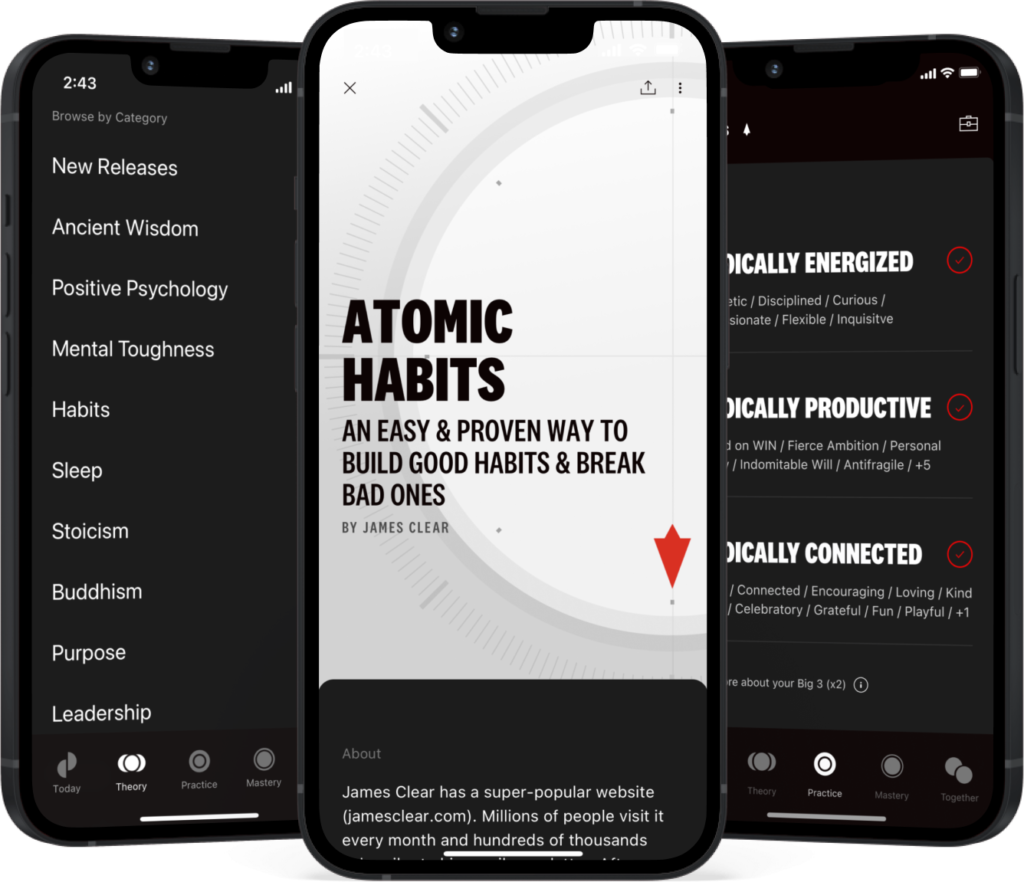Ideal Weight Calculator
Understanding Ideal Weight for a Healthy and Fit Lifestyle
Introduction:
Ideal weight is a concept that has been used for decades to help individuals determine a healthy target weight based on their height and gender. While it can provide a helpful starting point for setting weight goals, it’s important to understand that the concept of an ideal weight has limitations. In this article, we will discuss what ideal weight is, how it’s calculated, its benefits, and limitations, and how you can use it as part of your health and fitness journey.
What is Ideal Weight?
Ideal weight is a theoretical value that aims to provide a weight range that is considered healthy for an individual based on their height and gender. It is often used as a reference point for setting weight loss or weight gain goals, depending on a person’s needs. It’s important to note that ideal weight doesn’t take into account factors such as body composition, muscle mass, and distribution of fat.
Looking to make a change? We recommend Heroic.
“HEROIC IS THE BEST SELF-DEVELOPMENT PLATFORM IN THE WORLD.”
— John Mackey, Founder & Former CEO of Whole Foods Market
Start your FREE 30-day Premium access today
How to Calculate Ideal Weight:
There are various formulas to calculate ideal weight, with the Robinson formula being one of the most widely used. The Robinson formula takes into account an individual’s height and gender to determine their ideal weight. Here’s how it works:
For men: Ideal Weight (kg) = 52 + 1.9 * (Height (cm) / 2.54 – 60)
For women: Ideal Weight (kg) = 49 + 1.7 * (Height (cm) / 2.54 – 60)
Using Ideal Weight to Improve Health and Fitness:
Understanding your ideal weight can be a useful starting point for assessing your health and fitness. Here are some ways to use ideal weight as a tool in your health and fitness journey:
- Set realistic goals: Knowing your ideal weight can help you set realistic weight loss or weight gain goals, depending on your individual needs. Aim to achieve and maintain a weight within your ideal weight range to minimize health risks.
- Combine ideal weight with other measurements: While ideal weight can be a helpful indicator, it’s important to consider other measurements, such as BMI, waist circumference, and body fat percentage, to get a more accurate picture of your overall health and fitness.
- Seek professional advice: If your current weight falls outside your ideal weight range, consider consulting a healthcare professional or a registered dietitian for personalized guidance on how to achieve a healthier weight.
Limitations of Ideal Weight:
While ideal weight can be a helpful tool in assessing an individual’s weight goals, it has some limitations:
- Ideal weight does not account for differences in body composition: Since ideal weight is based solely on height and gender, it does not consider differences in muscle mass and body fat. Individuals with high muscle mass may have a higher ideal weight, even though their body fat percentage is low.
- Ideal weight may not accurately reflect health risks for all individuals: Different body types and genetic factors can influence an individual’s health risks at the same weight. For example, people with a higher percentage of abdominal fat may have a higher risk of health problems, even if their weight falls within the ideal weight range.
- Ideal weight is not suitable for children or adolescents: Ideal weight calculations are not applicable to children or adolescents, as their bodies are still developing. Instead, age- and sex-specific growth charts should be used to assess their weight status.
Conclusion:
While ideal weight can be a useful tool for setting weight goals and assessing overall health, it’s important to recognize its limitations and consider other measurements for a more accurate picture of overall health and fitness. By understanding and utilizing ideal weight alongside other health indicators, you can make informed decisions about your nutrition and exercise plans, ultimately leading to a healthier and more balanced lifestyle.
